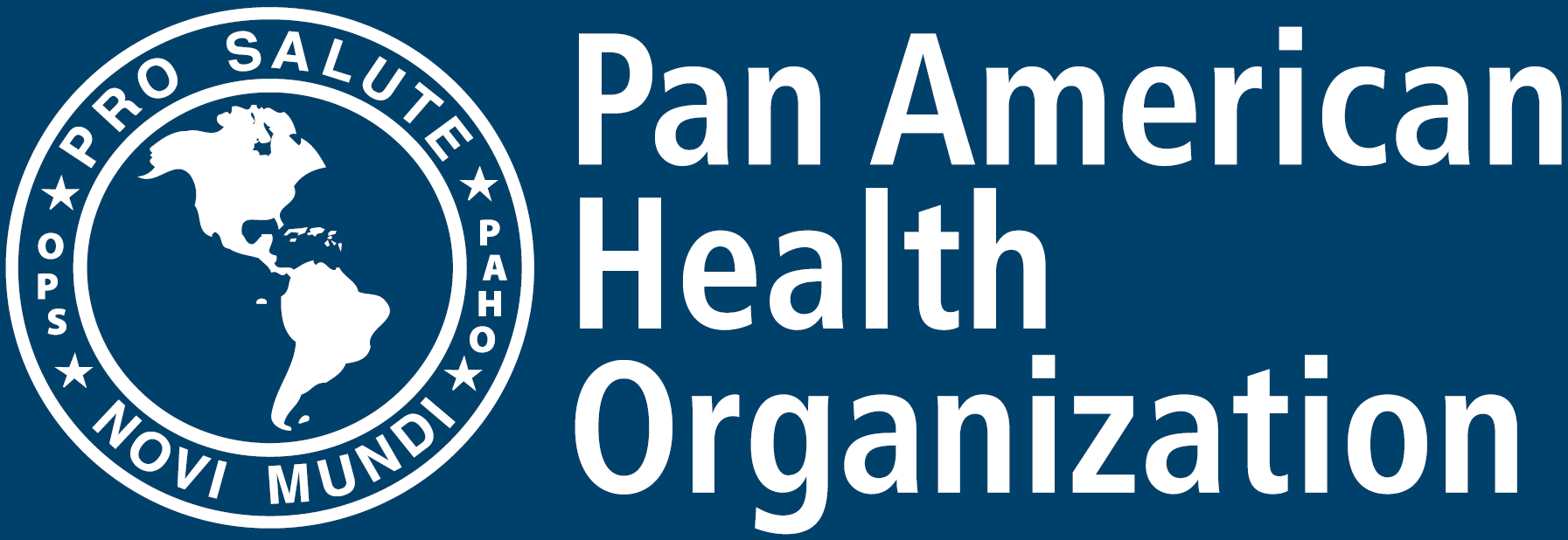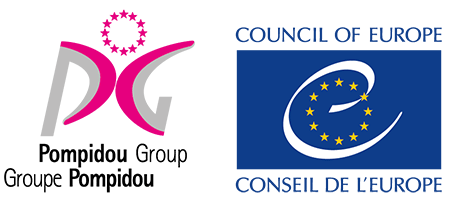UNODC was mandated by the Commission on Narcotic Drugs (CND) resolution 59/4 on the “Development and dissemination of international standards for the treatment of drug use disorders” and the most recent CND resolution 64/3 that calls for “Promoting scientific evidence-based, quality, affordable and comprehensive drug prevention, treatment, sustained recovery and related support services” to support UN Member States in their efforts to enhance the quality of drug use disorder treatment services and systems. In line with these mandates and the UNODC-WHO International Standards for the Treatment of Drug Use Disorders (2020), the UNODC Quality Assurance (QA) Systems and Services toolkit was developed. Moreover, to align quality assurance efforts across different organizations, the “Quality assurance in treatment for drug use disorders: Key Quality Standards for service appraisal” were launched in 2021.
UNODC is supporting national decision makers in their efforts to review and improve local drug use disorder treatment and care systems and services, in line with the Standards. By fostering a culture of continuous drug use disorder treatment system/service assessment and enhancement, quality assurance contributes towards sustainable and ethical healthcare delivery for people in need, including for those using synthetic drug for non-medical purposes. To better understand the impact of quality assurance on drug use disorder treatment outcomes, UNODC has commissioned a scoping review and is suggesting further evaluation to identify which quality elements contribute in which way to desired outcomes of drug use disorder treatment.
- UNODC/WHO International Standards for the Treatment of Drug Use Disorders
- Brochure on Quality Assurance for Treatment of Drug Use Disorders – for Paris Pact meeting, July 2022
- Quality assurance in treatment for drug use disorders: key quality standards for service appraisal (pre-publication version), October 2021
- Drug Use Disorder Treatment Services Quality Assurance Toolkit, August 2022
(This link is password protected; to obtain a link, kindly contact us at unodc-ptrs [at] un [dot] org (unodc-ptrs[at]un[dot]org)) - Drug Use Disorder Treatment Systems Quality Assurance Toolkit, August 2022 (This link is password protected; to obtain a link, kindly contact us at unodc-ptrs [at] un [dot] org (unodc-ptrs[at]un[dot]org))
- UNODC Conference room paper: The relationship between quality of specialist treatment for substance use disorders and patient outcomes: A scoping review of the literature, March 2023
- National policymakers and key stakeholders in Central Asia enhance their knowledge on drug use disorder system Quality Assurance through UNODC trainings, March 2023
- Outcome Document of the 2016 United Nations General Assembly Special Session on the World Drug Problem
- Commission on Narcotic Drugs Resolution 64/3: Promoting scientific evidence-based, quality, affordable and comprehensive drug prevention, treatment, sustained recovery and related support services
- Close to 600 professionals globally trained by UNODC on different elements of the quality assurance toolkit.
- UNODC has worked on quality assurance in more than 27 countries across the globe to date. Additional countries are to join in 2024 and 2025.
- Through its’ quality assurance work, UNODC has contributed towards the development of national standards and treatment protocols, most recently in Pakistan.
- The QA tools developed by UNODC in collaboration with other relevant partners have shown to be flexible, culturally adaptable and easily usable, which has allowed for its application in all relevant countries with different health systems.
- Through the field-testing exercises conducted so far, it has been possible to identify strengths and limitations of DUDs treatment services and systems in the implementing countries. This in turn has helped service providers and national health authorities to outline measures and/or plans for the improvement of the quality of care provided to people suffering from DUDs.
- These exercises have also helped countries reviewing the structure of their national drug use disorder treatment systems pyramid, with a view of adapting it in line with the guidance outlined in the Standards.
The piloting of the QA tools is being implemented in a variety of cultural, economic and health care settings (in low-, middle- and high-income countries). As a preparatory step for the planning, monitoring, and ultimately enhancing the quality of treatment systems and services, UNODC supports UN Member States in mapping and assessing the resources available nationally for the provision of services for people with drug use disorders with the WHO-UNODC Substance Use Disorder Treatment Facility Survey (draft for field testing). In line with the UNODC Quality Assurance toolkit, service appraisal in line with the Standards, allows identifying strengths and weaknesses of a number of drug use disorder treatment services and to triangulate information. It creates a baseline, and by planning and implementing improvements over time, and conducting re-assessments in line with the Standards. As part of a participatory assessment process, this method allows for a better understanding of current service quality, with the aim of ultimately improving the quality of drug dependence treatment and services for those in need.
In addition, UNODC is implementing the Program for International Quality Assurance in Treatment (PIQAT) steps in countries that follow a project cycle from assessment, implementation, to evaluation, and sustainability.
UNODC, together with WHO, have developed the International Standards for the Treatment of Drug Use Disorders (the Standards) that have become a global reference document for evidence-based treatment and care of people with drug use disorders, including synthetic drug use disorders. UNODC works together with partner organizations on the dissemination of the Standards. The quality assurance work is a central component of these dissemination efforts.
- More specifically, UNODC developed a toolkit and supported more than 26 countries around the globe in strengthening the quality of treatment systems and services, with plans to assist additional countries.
- In addition, though its’ quality assurance work, UNODC has contributed towards the development of national standards and treatment protocols, most recently in Pakistan, and has specific plans to support other countries.
- UNODC is also interested explore further what are key elements in quality criteria that have direct effect on beneficial treatment outcomes. A scoping literature review has identified person-centered care, quick access to care, and continued care among the key criteria directly linked with positive treatment outcomes. UNODC suggests implementing a well-designed and community-based study at selected sites to compare patients’ treatment and care outcomes at sites where the quality assurance cycle has been implemented and sites that are providing standard care without the same implementation of quality assurance mechanisms. Assessing how quality assurance impacts on treatment outcomes and which are the key elements, will be a critical contribution towards improved health and will help to prioritize service development and capacity building efforts at drug use disorder treatment services, including in low- and middle-income countries and limited resource settings.
- Increase the knowledge of professionals on quality assurance - with close to 600 professionals trained to date in 26 countries so far on the appraisal of treatment services, in line with the Standards
- In the existing and future UNODC quality assurance countries, as applicable:
- strengthen existing national quality assurance systems, by providing institutional support to national quality assurance agencies, to develop measures for the improvement of the quality of care and to adapt the national drug use disorder treatment systems pyramid accordingly.
- increase the number national drug use disorder treatment standards and protocols, developed in line with the Standards, with technical support from UNODC.
- review and optimize national investments allocated towards the quality assurance of drug use disorder treatment to ensure systems are equipped with the necessary funding to match the volume and type of treatment needed in a specific country or region.
- Gain a better understanding of the direct impact of quality assurance on patient’s treatment outcomes through national level studies that can further inform national policies and treatment strategies
Anja Busse, Programme Officer, Prevention, Treatment and Rehabilitation Section (PTRS), Drug, Laboratory and Scientific Services Branch (DLSSB), United Nations Office on Drugs and Crime (UNODC) anja [dot] busse [at] un [dot] org (anja[dot]busse[at]un[dot]org)




